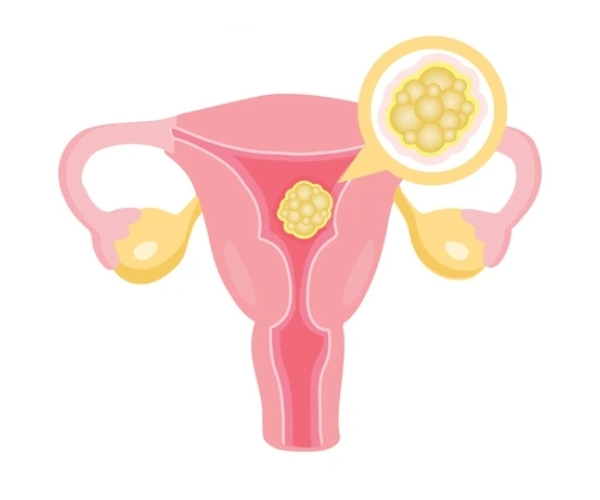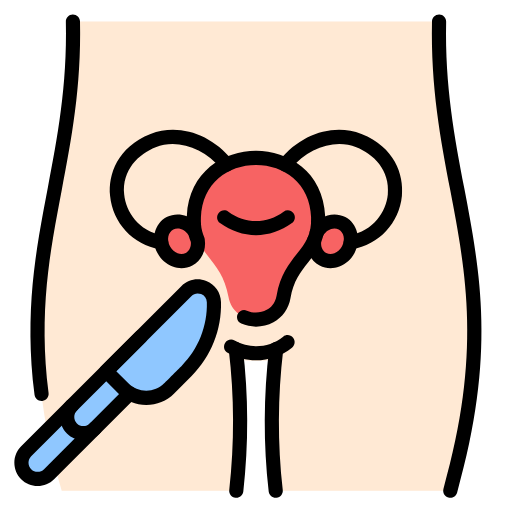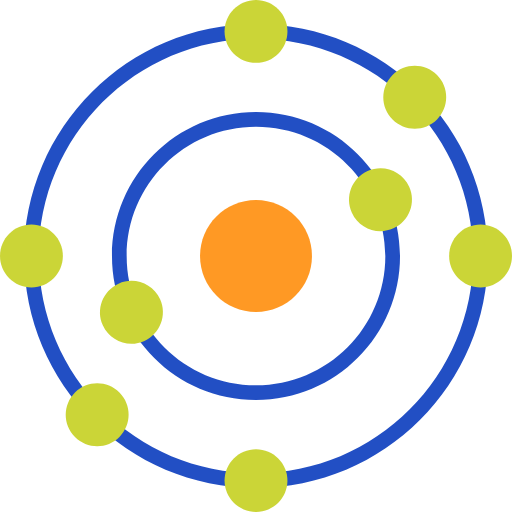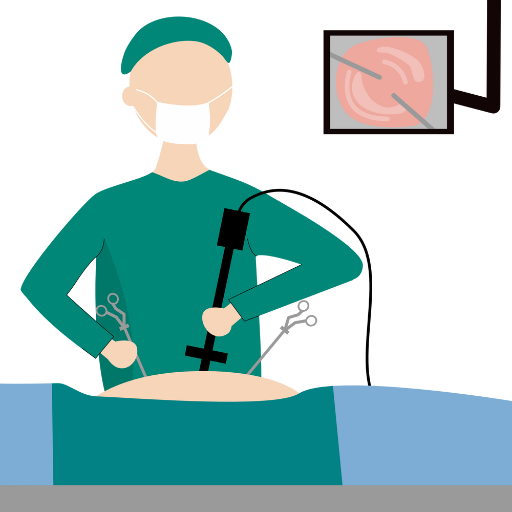Dr. Nitin Singhal
Robotic Uterus Cancer Surgeon in Ahmedabad, India
About Us
Dr. Nitin Singhal: Best Uterus Cancer Surgeon in Ahmedabad
Dr Nitin Singhal is a robotic and HIPEC surgeon with 15+ years of experience and over 5,000 successful major cancer surgeries. He is a pioneer in managing gynaecological cancers, including advanced procedures for uterine cancer, along with gastrointestinal and urological malignancies, robotic surgery, and HIPEC treatments.
In cancer care, you need more than just surgical expertise—you need a doctor who listens, understands, and treats you with compassion. Dr Nitin Singhal stands out for blending precision with a highly human approach, ensuring every patient feels cared for at each step.
When it comes to uterine cancer, you can trust Dr Nitin Singhal as the best uterus cancer surgeon in Ahmedabad. With him, you are choosing not just a surgeon but a committed partner who will walk with you throughout your treatment journey.
What is Uterus Cancer?
Uterus cancer, also called endometrial cancer, begins in the lining of the uterus (endometrium) and is one of the most common gynecological cancers. It usually affects women after menopause, though it can also occur earlier. The cancer develops when abnormal cells in the uterine lining grow uncontrollably, leading to symptoms like abnormal vaginal bleeding, pelvic pain, or unexplained weight loss. If detected early, uterus cancer is highly treatable with surgery and other therapies.
With advancements in technology, Robotic Uterus Cancer Surgery in Ahmedabad offers women a safer and more effective treatment option. Robotic surgery allows for greater precision, smaller incisions, minimal blood loss, and faster recovery compared to traditional open methods. Patients benefit from shorter hospital stays and improved quality of life after surgery. With specialized cancer care centers in Ahmedabad, women can access world-class expertise and advanced treatment for uterus cancer closer to home.

Happy Clients
Successful Surgeries
Patients Reviews Rate
Years of Experience
Types of Uterus Cancer Surgery

Hysterectomy
This surgery involves the complete removal of the uterus to eliminate cancerous tissue. It is the most common treatment for early-stage uterus cancer. Recovery is usually smooth with proper post-operative care.

Radical Hysterectomy
In advanced cases, this procedure removes the uterus, cervix, surrounding tissues, and part of the vagina. It ensures complete removal of cancer that may have spread locally.

Lymph Node Dissection
Nearby lymph nodes are surgically removed to check for cancer spread and prevent further metastasis. This helps in accurate staging and planning of additional treatment if needed.

Laparoscopic Surgery
A minimally invasive approach using robotic or laparoscopic tools for precision. It offers smaller incisions, less blood loss, faster recovery, and reduced post-operative pain.
Your Guide to Uterus Cancer
The cancer of the uterus typically develops when the cells of the uterine mucous membrane (endometrium) begin to multiply out of control. Excessive oestrogen with a lack of progesterone hormones can predispose an individual to the condition. Others are obesity, diabetes, high blood pressure and some genetic diseases, such as Lynch syndrome.
It may also be caused by chronic inflammation of the uterus, the history of polycystic ovary syndrome (PCOS), and previous radiation treatment of the pelvic region. Age plays a major role, where the majority of cases are presented by postmenopausal women. The risk factors can be identified early, and this will assist in early screening and prevention.
Abnormal vaginal bleeding, particularly post-menopause, is the most frequent symptom of uterus cancer. Women can also experience abnormal discharge, pain in the pelvic region, bloating or pain during urination or sexual intercourse. The signs must not be overlooked since early detection will increase the results drastically.
At later stages of the disease, other symptoms can emerge, such as unexplainable weight loss, fatigue and swelling of the lower abdomen or legs. Symptoms that continue or get steadily more severe should be considered as causing a concern and should be carefully examined by the doctor, which can include, but not be limited to, imaging, biopsy, and other diagnostic procedures.
The primary treatment of uterine cancer is surgery; it may be a hysterectomy or radical hysterectomy to take out the uterus and the tissues around it. Lymph node dissection is carried out to verify the spread of cancer in most instances. Robotic uterus cancer surgery provides a less invasive and smaller incision, less blood loss, and a quicker recovery option to eligible patients in Ahmedabad.
The other forms of treatment can be radiation therapy, chemotherapy, hormonal therapy or targeted therapy, based on the stage and aggressiveness of the cancer. The multidisciplinary team is associated with the provision of a personalised treatment plan, the subsequent elimination of cancer, and better survival and increased life quality of patients.
Benefits of Robotic Uterus Cancer Surgery?

Faster Recovery Time

Low Risk of Infection

Lesser Scars

Less Discomfort After Surgery

Shorter Hospital Stay

Speedier Return to Daily Life
Why Choose Dr Nitin Singhal For Robotic Uterus Cancer Surgery?
Dr. Nitin Singhal is a highly experienced Robotic and HIPEC Cancer Surgeon with over 15 years of expertise and 5,000+ successful major cancer surgeries. He provides advanced treatment for a wide range of cancers including colon, pancreatic, robotic GI, robotic thoracic, robotic gynecology, stomach, lung, esophageal, uterus, ovary, urology, prostate, urinary bladder, kidney cancers, and partial nephrectomy. His skill, innovation, and patient-focused approach make him a trusted choice for complex cancer care.

Expertise
Dr Nitin Singhal performs robotic uterus cancer surgeries, including hysterectomy, radical hysterectomy, and lymph node dissection with precision. He tailors procedures to tumour stage and patient health for optimal outcomes.
Infrastructure
He operates at advanced cancer centers in Ahmedabad with robotic systems, dedicated theaters, and high-end imaging. A multidisciplinary tumor board ensures safe, coordinated care from diagnosis to recovery.
Technology
A pioneer in robotic surgery, he offers minimally invasive procedures with smaller incisions, less blood loss, and faster recovery. Laparoscopic and evidence-based protocols further enhance long-term results.
Commonly Asked Questions
What is robotic surgery for uterus cancer?
Robotic surgery for uterus cancer is a minimally invasive procedure using robotic arms controlled by a surgeon. It allows precise removal of the uterus, surrounding tissues, and lymph nodes if needed. The technique uses small incisions, reducing pain and blood loss. It also offers better visualisation and accuracy compared to traditional surgery. Patients benefit from faster recovery and shorter hospital stays.
What is the recovery time for uterine cancer surgery?
Recovery time depends on the type of surgery performed and the patient’s overall health. For minimally invasive or robotic surgery, most patients resume normal activities in 2–4 weeks. Open surgery may require 6–8 weeks for full recovery. Post-operative care includes rest, gradual activity, and follow-up visits. Maintaining a healthy diet and light exercise supports faster healing.
Can uterus cancer be cured by removing the uterus?
Yes, removing the uterus (hysterectomy) can cure uterus cancer if detected early and confined to the uterus. Radical hysterectomy may be needed if cancer has spread to nearby tissues. Success also depends on patient health and whether lymph nodes are involved. Additional treatments like radiation or chemotherapy may be recommended in some cases. Early diagnosis greatly improves the chances of complete cure.
What is the best treatment for uterine cancer?
The best treatment depends on the cancer stage and patient health. Surgery, often a hysterectomy, is the mainstay for most cases. Robotic or laparoscopic techniques are preferred for precision and faster recovery. Radiation therapy, chemotherapy, or hormonal therapy may be used for advanced or high-risk cases. A multidisciplinary approach ensures optimal outcomes for each patient.
What is the new treatment for uterus cancer?
New treatments focus on robotic surgery, targeted therapy, and immunotherapy for better precision and effectiveness. Personalized medicine uses genetic testing to choose the most effective drugs. Minimally invasive robotic techniques reduce complications and recovery time. Clinical trials are exploring novel immunotherapies and combination treatments. These advances improve survival and quality of life for patients with uterus cancer.
Get In Touch!
We provide a 24*7 emergency care
If you have any kind of robotic cancer surgery-related medical emergency, visit Sterling Hospital. An expert doctor is always available & treatment will be provided at once.














